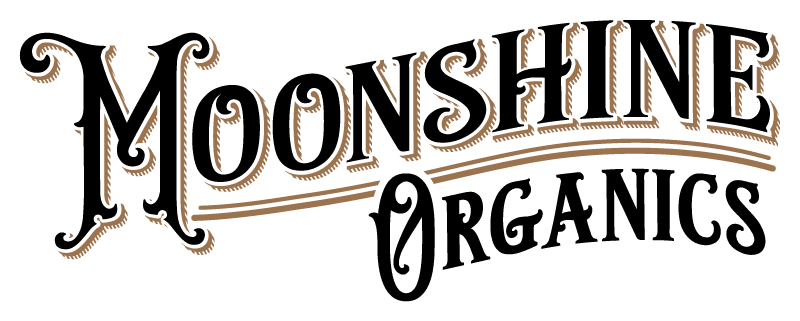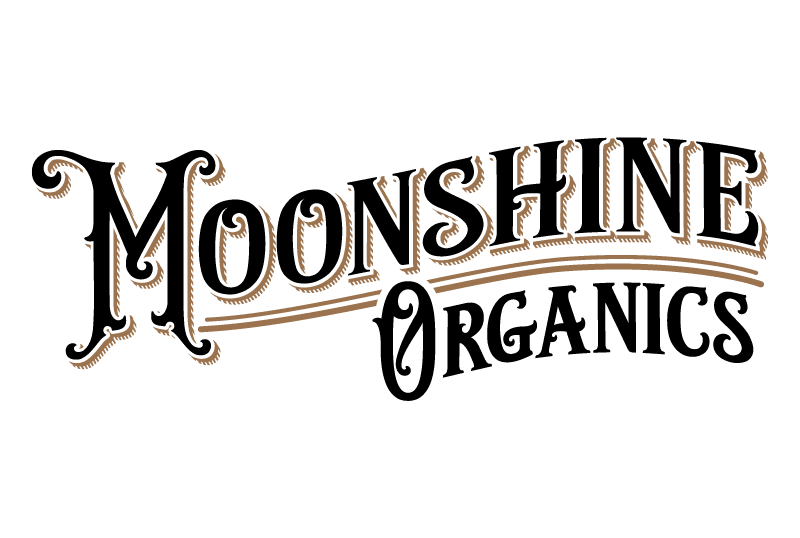In 1940, cannabinol (CBN) became the first cannabinoid to be isolated from cannabis. Within the plant, chemical formation of the better-known cannabinoids begins with cannabigerolic acid (CBGA). CBGA produces THCA, CBDA, and CBCA, the acid forms of THC, CBD, and cannabichromene (CBC), respectively. CBNA, the compound that breaks down into CBN, is produced from aging THCA by exposure to UV light. The rate of degradation from THCA to CBNA depends on the storage conditions of the harvested cannabis. However, the amount of CBNA will increase as the plant material ages. Finally, through heating, decarboxylation of CBNA produces CBN.
CBN is a partial agonist at the CB1 receptor of the body’s natural endocannabinoid system (ECS). CB1 receptors have a higher concentration within the central nervous system. Research indicates CBN has significant sedative, anticonvulsant, and other activities likely to interact with the effects of THC. Thus, CBN tends to produce minor intoxicating effects.
Sleep promoting
Approximately 30% of Americans suffer from insomnia. Over time, insomnia could increase the risk of other serious health conditions such as diabetes, heart disease, and depression. CBN has had a reputation as one of the most powerful cannabinoids for promoting sleep. However, this effect may be at least partly attributable to terpenes found in cannabis such as myrcene and linalool.
Pain relief
As with CBD, CBN appears to have anti-inflammatory properties through its effects on the ECS. As a result, CBN can help relieve pain. In addition, CBN has been shown to stimulate peptide release from sensory nerves, thus reducing pain sensitivity. Such reduction in pain sensitivity appears to occur without affecting CB1 or CB2 receptors. This would suggest a combination of CBN along with ECS activation by CBD may provide even greater pain relief.
Anti-bacterial
Like CBG and CBC, cannabinol has demonstrated potent activity against one of the most antibiotic-resistant strains of bacteria. This dangerous bacteria is known as methicillin-resistant Staphylococcus aureus (MRSA). Treating MRSA has been a challenge for health care providers for many years. However, further studies may demonstrate CBN and other cannabinoids to be beneficial in the fight against such disease-causing bacteria.
Conclusions
Cannabinoids have recently dominated the natural health discussion. Research is continuously finding new ways in which these hemp-based compounds may be able to improve health. As cannabinoids are researched for their medicinal value, CBN may be found to be one of the most therapeutically important cannabinoids. However, compared to THC and CBD, studies on CBN have been much more lacking to date. Despite this, CBN continues to show up in more and more hemp-derived products.
References:
Evans F; Cannabinoids: the separation of central from peripheral effects on a structural basis; Planta Medica; 1991 Oct; 57(7): S60 – 67.
Russo E et al; Cannabis Pharmacology: The Usual Suspects and a Few Promising Leads; Cannabinoid Pharmacology; 2017; 80: 67 – 134.
Zygmunt P et al; Δ9-Tetrahydrocannabinol and Cannabinol Activate Capsaicin-Sensitive Sensory Nerves via a CB1 and CB2 Cannabinoid Receptor-Independent Mechanism; The Journal of Neuroscience; 2002 Jun; 22(11): 4720 – 4727.
Appendino G et al; Antibacterial cannabinoids from Cannabis sativa: a structure-activity study; Journal of Natural Products; 2008 Aug; 71(8): 1427 – 1430.
Hazekamp A et al; Chemistry of Cannabis; Comprehensive Natural Products II; 2010; 3: 1033 – 1084.
https://www.ncbi.nlm.nih.gov/books/NBK19961/
This content is for informational purposes only. It is not intended to take the place of medical advice or treatment from a personal physician. All readers of this content should consult their physician or qualified healthcare professional regarding specific health questions, especially those taking prescription or over-the-counter medications. CannaGlobe, LLC does not take responsibility for possible health consequences of any person reading and/or following this informational content.







